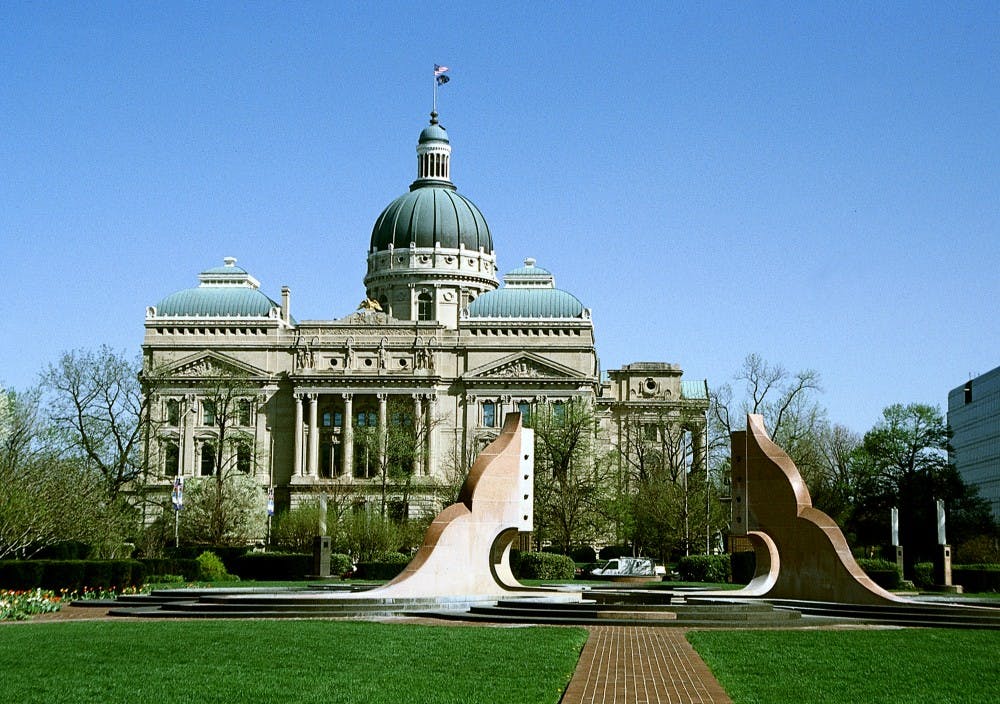By Caroline Simon
CQ-Roll Call
WASHINGTON — Once, American colleges and universities enjoyed bipartisan support, and Republicans and Democrats alike believed in the value of higher education.
Today, not so much. And that could be a big issue as Congress considers reauthorizing the Higher Education Act, a version of which House Democrats unveiled Oct. 15.
While many liberal-leaning Americans continue to put their faith in higher education, conservative-leaning ones have begun to grow skeptical — a phenomenon traced to several factors: media portrayals of college campuses, skyrocketing costs and declining trust in institutions at large.
According to a recent Pew Research Center study, the number of Republicans and Republican-leaning Americans who believe colleges and universities have a positive impact on the country has plummeted from 58% in 2010 to 33% in 2019. The views of Democrats and Democratic-leaning Americans have remained relatively steady: 65% in 2010 and 67% in 2019.
"Obviously this is disappointing — it's regrettable and disappointing," said Terry Hartle, senior vice president for government and public affairs at the American Council on Education. "Higher education has been so successful in the United States in large part because it has for so long enjoyed broad and deep public support."
A primary driver of conservative concern is access to free speech on college campuses — a worry that's been reinforced by portrayals of university protests as violent in right-leaning media and instances of conservative speakers being disinvited from graduations and other events.
"There's whole segments on all those conservative channels on how absurd life at universities is," said Jeffrey Kidder, a sociology professor at Northern Illinois University. "It's just a key talking point on the right side of the political spectrum these days, about universities being not only filled with progressives — but also that conservative voices are being silenced."
According to a June Pew report, 87% of Democratic and Democrat-leaning respondents said colleges and universities are open to a wide range of viewpoints. Just 44% of Republican and Republican-leaning respondents agreed.
Some of that perception is rooted in university structure, said Kidder, who is working on a research project involving interviews with conservative-leaning and liberal-leaning college students at the University of Colorado Boulder, the University of Arizona, the University of Virginia and the University of North Carolina at Chapel Hill.
Universities often provide an easy path for progressive students to engage in activism (through student centers or extracurricular activities), while conservative activists depend more heavily on outside groups, such as Turning Point USA and Young America's Foundation.
"Progressives across the board are kind of embedded within different types of centers and other things that are part of the university itself. Conservative students have a lot of resources, there's a lot of money, guidance, swag from the right — but it's not from the university," Kidder said.
Another factor that has prompted Americans more broadly to question the value of college is climbing tuition prices and mounting student debt. Since the 1985-86 academic year, average annual tuition prices at all institutions have risen from $4,885 to $23,091 (in current dollars).
Americans collectively owe $1.5 trillion in student debt, according to the Education Department's National Center for Education Statistics.
Public university systems, which rely on state support, have faced unique struggles, Hartle said, in part because other destinations for public funds — prisons, elementary and secondary education and Medicaid — don't have paying customers. Higher education is the only major sector where higher prices can be charged.
"Public policymakers increasingly see higher education as a private benefit as opposed to a public good, and therefore, they're willing to let the students pay more," Hartle said.
Issues of cost and debt are certainly prevalent on the left — presidential candidates Bernie Sanders and Elizabeth Warren have both proposed plans to effectively cancel tuition at public colleges. And House Democrats have dubbed their Higher Education Act reauthorization the College Affordability Act.
"This proposal immediately cuts the cost of college for students and families and provides relief for existing borrowers. At the same time, it improves the quality of education by holding schools accountable for their students' success, and it meets students' individual needs by expanding access to more flexible college options and stronger support — helping students graduate on time and move into the workforce," Education and Labor Chairman Robert C. Scott, a Virginia Democrat, said in a statement.
Concerns on the right, Hartle said, are focused on the practical applications of higher education and the necessity of using college to find a good-paying job.
Several university systems in states with Republican legislatures have sought to ensure that college educations are leading directly to practical career applications.
In 2015, Wisconsin's Republican governor at the time, Scott Walker, submitted a budget proposal in 2015 that would have removed "search for truth" and "improve the human condition" in the state public university's mission statement and insert "meet the state's workforce needs" (He later said the change was a mistake). And in 2018, the University of Colorado Board of Regents heard a proposal to remove "liberal" from the phrase "liberal education" in the system's mission statement.




